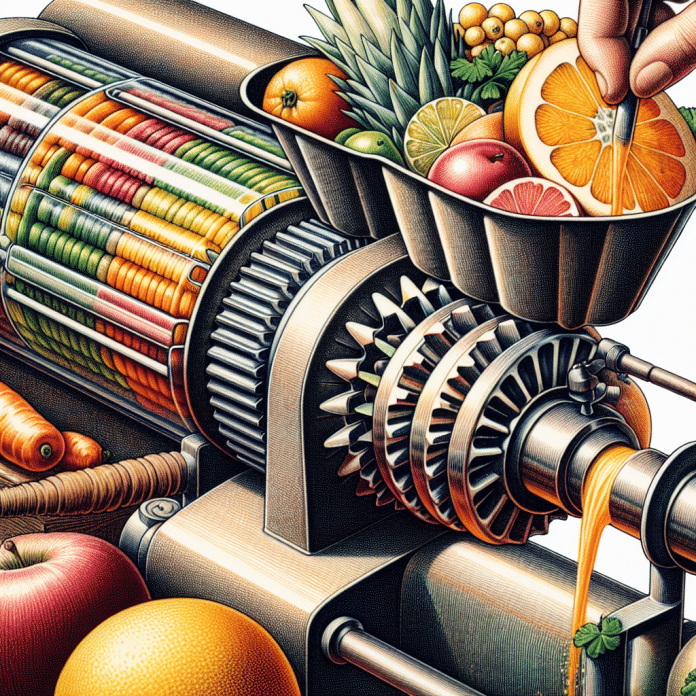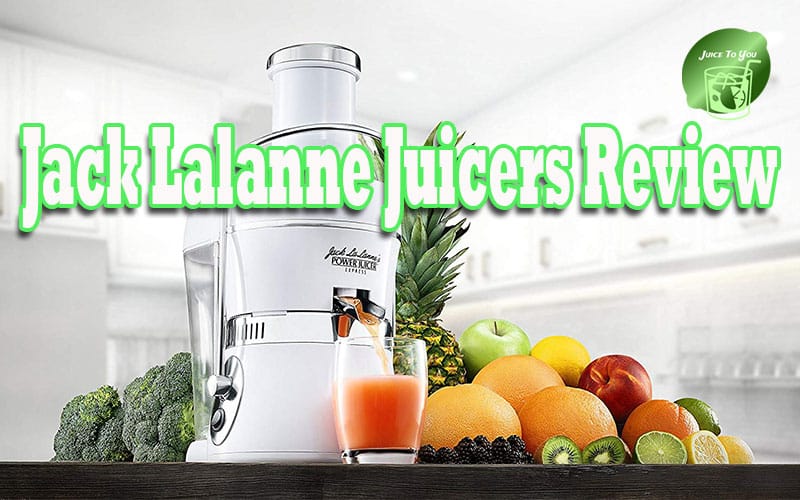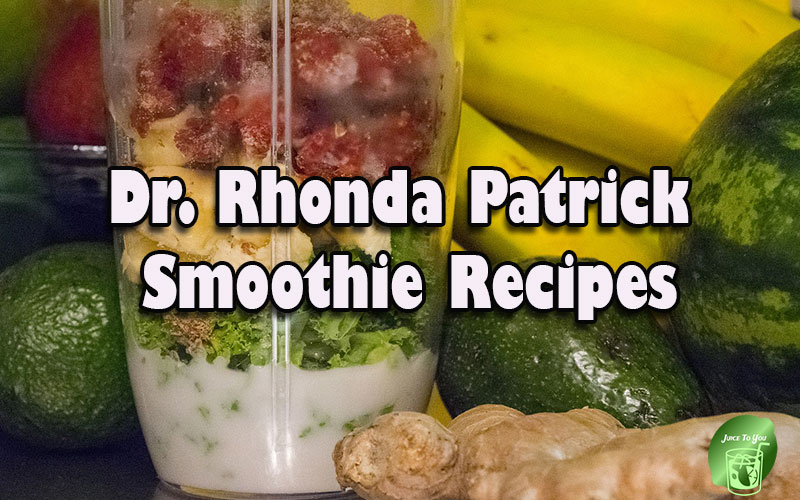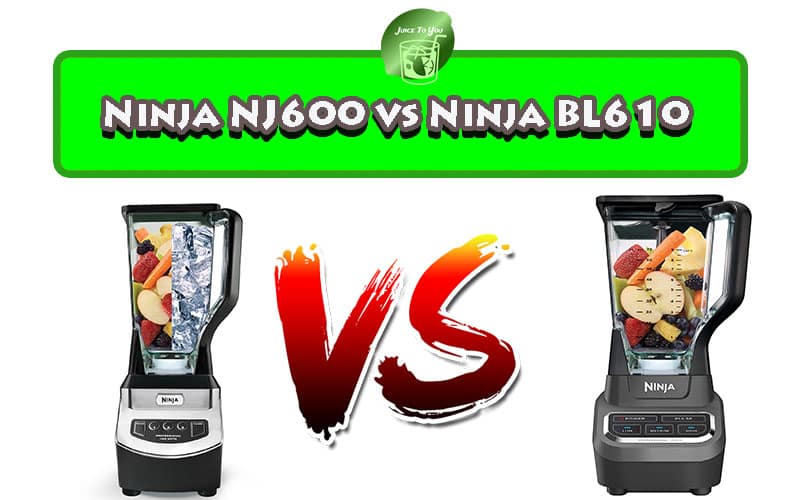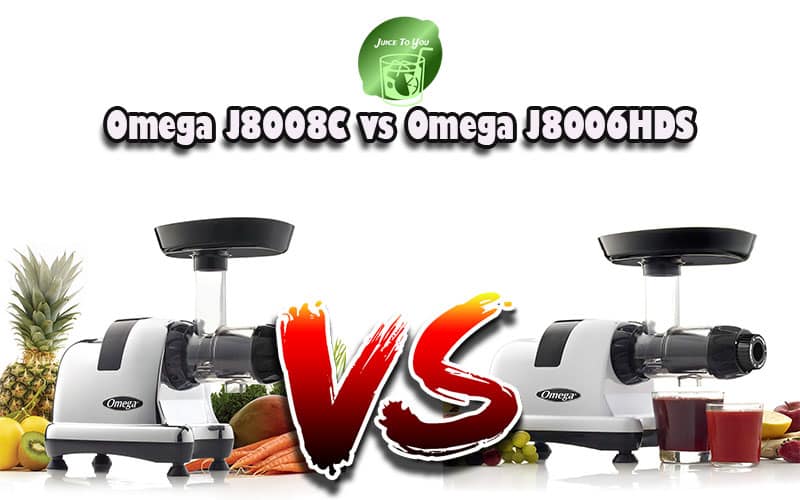In the quest for healthier lifestyles, juicing has become increasingly popular. But have you ever wondered if the method of juicing you choose could impact energy consumption? The article explores the energy efficiency of masticating juicers versus centrifugal ones, providing insights into which option might be more eco-friendly. Whether you’re an avid juicer or simply interested in sustainable practices, this article will shed light on the energy efficiency of these juicing appliances.
Review contents
Comparison of Masticating and Centrifugal Juicers
Key differences between masticating and centrifugal juicers
When it comes to choosing a juicer, it’s important to understand the key differences between masticating and centrifugal juicers. Masticating juicers, also known as slow juicers, use a slow and gentle chewing mechanism to extract juice from fruits and vegetables. On the other hand, centrifugal juicers use a high-speed spinning blade to separate juice from the pulp.
Working principles of masticating juicers
Masticating juicers operate with a slow and grinding motion that mimics the action of chewing. The fruits or vegetables are fed into a tube where they come into contact with a rotating auger. This auger crushes and grinds the produce, extracting juice in the process. The extracted juice then flows out while the pulp is expelled separately.
Working principles of centrifugal juicers
Centrifugal juicers, on the other hand, work by rapidly spinning at high speeds. When fruits or vegetables are placed into the juicer, they are pushed against a mesh screen by centrifugal force. This action causes the juice to separate from the pulp, which is then collected in separate containers.
Energy Efficiency
Understanding energy efficiency in juicers
Energy efficiency refers to the amount of energy required by a juicer to perform its functions. A more energy-efficient juicer requires less power to produce the desired results. When it comes to juicers, energy efficiency is an important factor to consider as it not only affects the cost of operation but also has implications for the environment.
Factors influencing energy efficiency
Several factors influence the energy efficiency of juicers. These include the mechanism of juicing, the speed settings, and the heat generated during the process. By understanding these factors, you can make a more informed decision when choosing a juicer that meets your energy efficiency requirements.
Comparing energy consumption of masticating and centrifugal juicers
When it comes to energy consumption, masticating juicers have an advantage over centrifugal juicers. Masticating juicers operate at lower speeds, resulting in lower energy consumption. The slow and gentle grinding motion used in masticating juicers requires less power to extract juice. In contrast, the high-speed spinning blades of centrifugal juicers consume more energy, particularly when operating at maximum speed.
Mechanism and Power Consumption
Mechanism of masticating juicers
The mechanism of masticating juicers involves the use of a rotating auger or worm gear that slowly grinds the produce against a screen. This slow and careful process helps to maximize juice extraction while minimizing heat and oxidation. The auger’s slow rotation also contributes to lower power consumption compared to centrifugal juicers.
Power consumption of masticating juicers
Masticating juicers are known for their energy efficiency, requiring significantly less power compared to centrifugal juicers. The slow and gentle grinding motion of masticating juicers results in lower power consumption, making them a more energy-efficient choice for those conscious of their energy usage.
Mechanism of centrifugal juicers
Centrifugal juicers utilize high-speed spinning blades to extract juice from fruits and vegetables. The produce is fed into a chute and pushed against a mesh screen, where the high-speed rotation separates the juice from the pulp. The rapid spinning motion of centrifugal juicers allows for quick juicing but also leads to higher power consumption.
Power consumption of centrifugal juicers
Due to their high-speed operation, centrifugal juicers tend to consume more power compared to masticating juicers. The fast rotation of the blades generates more friction and requires more energy. While centrifugal juicers are convenient for quick juicing, their higher power consumption can be a drawback for those looking to minimize their energy usage.
Juice Extraction Efficiency
How masticating juicers extract juice
Masticating juicers are renowned for their superior juice extraction efficiency. The slow and grinding motion of the auger effectively breaks down the cell walls of fruits and vegetables, extracting a higher yield of juice. Additionally, the low speed of masticating juicers helps to minimize oxidation and preserve the nutrients and enzymes in the juice.
How centrifugal juicers extract juice
Centrifugal juicers rely on the force generated by high-speed spinning blades to separate juice from the pulp. While they are fast and efficient at extracting juice, centrifugal juicers may not be as effective at extracting juice from leafy greens and softer fruits. The high-speed spinning motion can generate more heat and oxidation, potentially leading to a lower nutrient content in the juice.
Impact of extraction efficiency on energy consumption
The extraction efficiency of a juicer is closely related to its energy consumption. More efficient juicers that extract more juice per input of produce require less power to yield the desired amount of juice. Masticating juicers, with their superior extraction efficiency, can produce more juice with less power, contributing to their overall energy efficiency.
Speed Settings and Energy Consumption
Variable speed settings of masticating juicers
One advantage of masticating juicers is their variable speed settings. This feature allows you to adjust the speed of the juicer based on the type of produce being juiced. By having control over the speed, you can optimize the juicing process, ensuring efficient extraction and reducing energy consumption.
Impact of speed settings on energy consumption
The speed settings of a juicer play a significant role in its energy consumption. When using a masticating juicer, adjusting the speed to a lower setting for juicing soft fruits or leafy greens can help reduce the power required. Conversely, using a higher speed setting for tougher produce maximizes juice extraction efficiency, but it may result in slightly higher energy consumption.
Single-speed operation of centrifugal juicers
Unlike masticating juicers, centrifugal juicers typically operate at a single high speed. While this makes them convenient and easy to use, it limits the ability to adjust the speed for different types of produce. The lack of speed control in centrifugal juicers can potentially lead to less efficient extraction and higher energy consumption.
Energy consumption implications of single-speed operation
The single-speed operation of centrifugal juicers can result in higher energy consumption. Without the ability to adjust the speed based on the produce being juiced, centrifugal juicers may not be as efficient or versatile as masticating juicers. It’s important to consider this energy consumption implication when deciding between the two types of juicers.
Heat Generation
Heat generation in masticating juicers
Masticating juicers produce less heat compared to centrifugal juicers due to their slower operation. The slow and gentle grinding motion of masticating juicers helps preserve the natural enzymes and nutrients in the juice by minimizing heat generation. This not only enhances the nutritional value of the juice but also contributes to the energy efficiency of the juicer.
Heat generation in centrifugal juicers
Centrifugal juicers, with their high-speed spinning blades, generate more heat during the juicing process. The rapid rotation creates friction, which can lead to a rise in temperature. The increased heat can have a negative impact on the nutritional content of the juice and may contribute to higher energy consumption.
Relationship between heat generation and energy efficiency
Heat generation in juicers is closely tied to energy efficiency. Excessive heat can result in the loss of essential nutrients and enzymes in the juice. Masticating juicers, with their minimal heat generation, not only retain more nutrients but also require less energy to operate. In contrast, centrifugal juicers, with their higher heat generation, may have lower energy efficiency and reduced nutrient retention.
Long-Term Cost Analysis
Considering initial purchase cost
When comparing masticating and centrifugal juicers, it’s important to consider the initial purchase cost. Masticating juicers tend to be more expensive upfront due to their advanced technology and slower operation. However, they often come with longer warranties and greater durability, making them a worthwhile investment in the long run.
Analyzing electricity consumption
Electricity consumption should also be taken into account when analyzing the long-term cost of juicers. While masticating juicers may have a higher upfront cost, their lower energy consumption can result in significant savings on electricity bills over time. Centrifugal juicers, with their higher power requirements, may lead to increased energy expenses in the long run.
Maintenance and repair costs
Maintenance and repair costs are additional factors to consider when assessing the long-term cost of juicers. Masticating juicers, with their durable construction and slower operation, often require less frequent maintenance and have lower repair costs. Centrifugal juicers, with their fast moving parts, may require more frequent maintenance and potentially higher repair costs, which can add to the overall cost of ownership.
Juice Quality and Nutrient Retention
Impact of juicing method on juice quality
The method of juicing can have a significant impact on the quality of the juice produced. Masticating juicers, with their slow and gentle grinding motion, tend to produce higher-quality juice. The extraction process minimizes oxidation and heat generation, resulting in juice that retains more of its natural flavor, color, and nutrients.
Effect of juicing method on nutrient retention
Nutrient retention is a crucial consideration when choosing a juicer. Masticating juicers excel in this aspect, as their slow and gentle extraction method preserves more of the essential nutrients, enzymes, and antioxidants present in the produce. The lower heat and oxidation levels in masticating juicers contribute to higher nutrient retention compared to centrifugal juicers.
Connection between juice quality and energy efficiency
The connection between juice quality and energy efficiency is closely linked. Masticating juicers, with their superior juice quality and nutrient retention, often require less produce to achieve the desired nutritional value. This means less overall energy consumption in juicing, making masticating juicers a more energy-efficient choice for those seeking high-quality juice.
Environmental Impact
Evaluating environmental footprint of masticating juicers
When considering the environmental impact of juicers, masticating juicers have several advantages. The slower operation and lower power consumption of masticating juicers result in a smaller carbon footprint. Additionally, the preservation of nutrients in the juice leads to less produce waste, further reducing the environmental impact.
Evaluating environmental footprint of centrifugal juicers
Centrifugal juicers, with their higher power consumption and potential for nutrient loss, may have a larger environmental footprint compared to masticating juicers. The faster juicing process and higher waste production contribute to increased energy consumption and resource usage, which can have a negative impact on the environment.
Comparative analysis of environmental impact
In a comparative analysis, masticating juicers appear to have a lower environmental impact compared to centrifugal juicers. The slower operation, lower power consumption, and higher nutrient retention in masticating juicers all contribute to a more environmentally friendly juicing process. By choosing a masticating juicer, you can reduce your ecological footprint and contribute to a greener lifestyle.
Consumer Considerations
Specific needs and preferences
When choosing between masticating and centrifugal juicers, it’s important to consider your specific needs and preferences. If you prioritize energy efficiency, juice quality, and nutrient retention, a masticating juicer may be the better choice. However, if you value convenience and quick juicing, a centrifugal juicer may be a more suitable option.
Budget and initial investment
Budget is another crucial factor to consider when purchasing a juicer. Masticating juicers generally have a higher price tag due to their advanced technology and slower operation. If your budget allows for a higher initial investment, the long-term benefits of a masticating juicer may outweigh the upfront cost. However, if budget constraints are a concern, a centrifugal juicer may be more affordable.
Weight and footprint
The weight and footprint of a juicer are important considerations, particularly for those with limited kitchen space. Masticating juicers tend to be larger and heavier due to their more complex mechanism. Centrifugal juicers, on the other hand, are often smaller and more compact, making them a better choice for those with limited counter space or who plan to travel with their juicer.
In conclusion, when comparing masticating and centrifugal juicers, it becomes evident that masticating juicers are generally more energy-efficient. Their slow and gentle extraction method, lower power consumption, and superior nutrient retention make them a favorable choice for those concerned about energy usage and juice quality. However, it’s essential to consider individual needs, preferences, and budget when making a decision. By weighing these factors, you can choose a juicer that aligns with your requirements while minimizing energy consumption and environmental impact.

